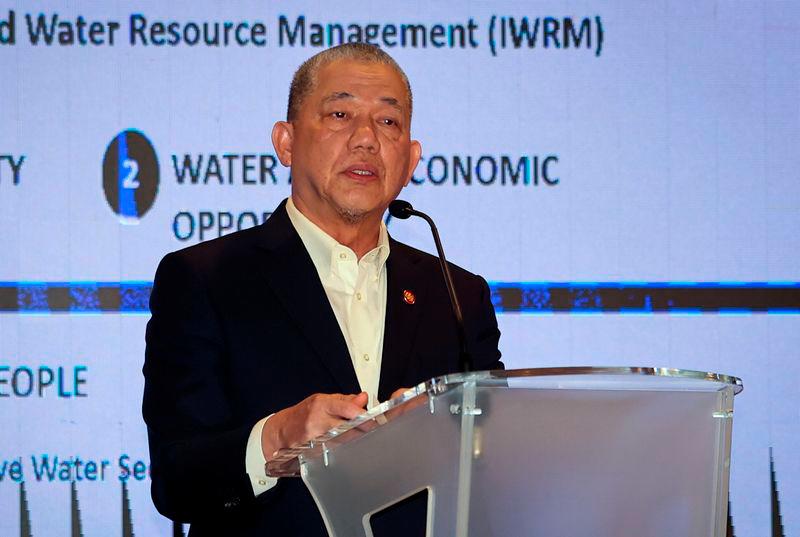KUALA LUMPUR: The government aims to reduce non-revenue water (NRW) to 31 per cent by next year, down from the current 37.1 per cent, which translates to a daily loss of 7,195 million litres of treated water worth over RM2 billion annually.
Deputy Prime Minister (DPM) Datuk Seri Fadillah Yusof said that key initiatives, under the NRW programme to address this persistent issue in Malaysia, include the replacement of ageing pipes and introduction of improved reimbursement frameworks.
Fadillah, who is also the Minister of Energy Transition and Water Transformation (PETRA), said that under the Pipe Replacement Programme, 1,844 kilometres (km) of ageing and critical pipes across Malaysia will be replaced.
“Additionally, a Proportional Reimbursement Rate will be introduced to encourage the active participation of water operators in Selangor, Johor, Negeri Sembilan, Melaka, Terengganu, Perak, Penang, and Kedah,“ he said during his opening speech at the Water Loss Asia 2024 conference here today.
Fadillah also highlighted that the government plans to implement comprehensive NRW reduction solutions in Pahang, Kelantan, Perlis, Sabah, Sarawak and Labuan.
He emphasised the importance of using resources more efficiently, minimising waste and maximising the value of every drop of water, as the government aims to achieve 98 per cent coverage of clean water and sewerage services in rural areas by the end of next year.
“This initiative aligns with the Malaysia MADANI vision of improving the well-being of the people while supporting the sixth goal of the United Nations Sustainable Development Goals (SDG 6), which focuses on ensuring access to sustainable water management and sanitation for all,“ he said.
As of 2023 he said, access to water supply in urban and rural areas stands at 97.1 per cent, while connected sewerage services cover 86.9 per cent of major cities.
In his speech, he also underscored the need for stronger partnerships among government agencies, private sector stakeholders, civil society organisations, and academic institutions to drive collective action and mobilise resources for effective water management.
“By leveraging on the collective expertise, creativity and resources of diverse stakeholders, Malaysia can make significant strides in reducing the loss of clean, treated water during distribution from water treatment plants to consumers,“ added Fadillah.









